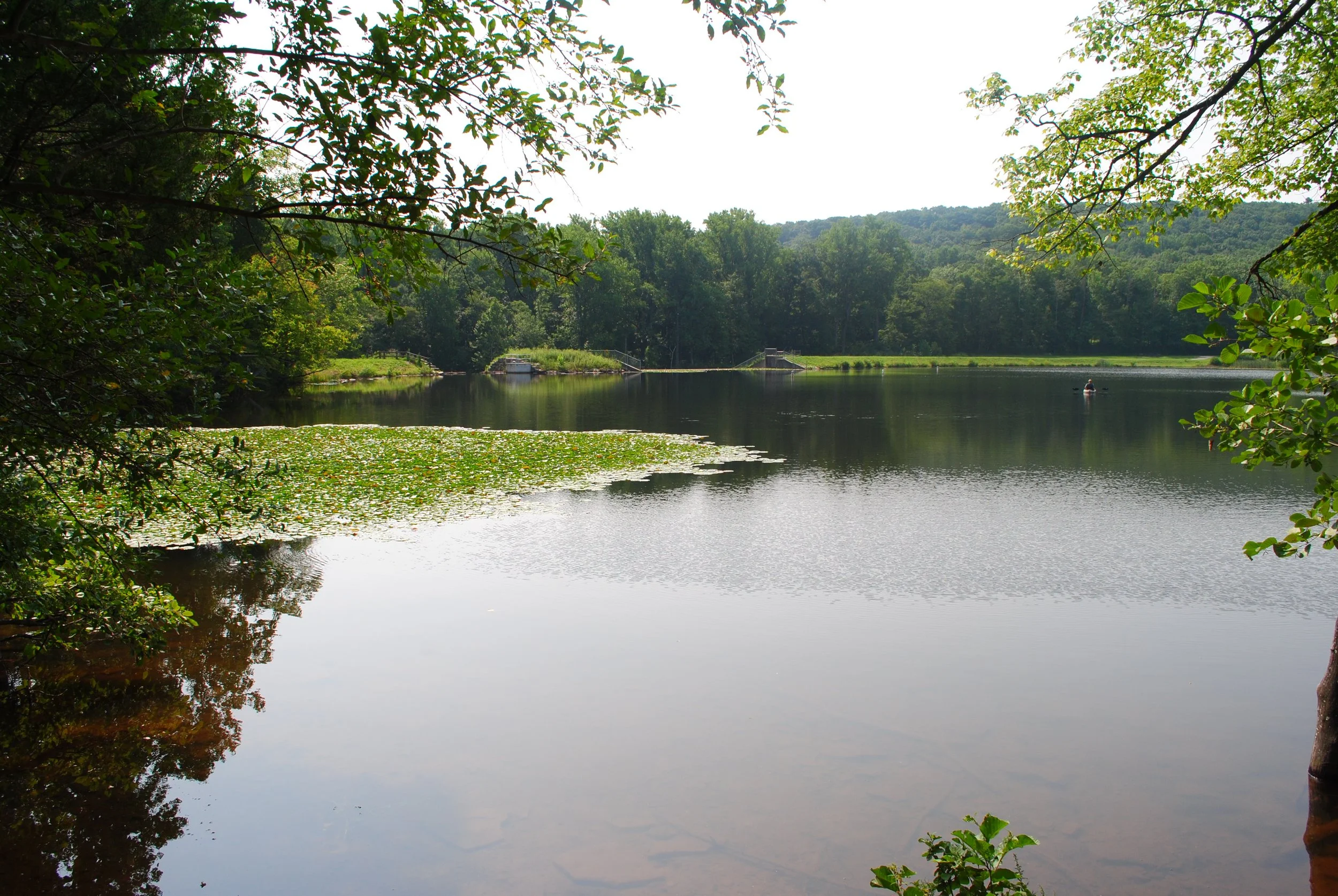THIS HAPPENS???
Our everyday actions, though small, can have a significant negative impact on the environment. Simple habits like wasting water, using single-use plastics, and overconsuming energy contribute to pollution, resource depletion, and climate change. These seemingly minor choices, when repeated daily, add up and harm ecosystems. By becoming aware of these habits and making mindful changes, we can reduce our environmental footprint and protect the planet for future generations.






Examples and Solutions
Energy Waste
Energy waste is the product of unnecessary or inefficient use of energy. One big example of this is leaving the lights on, though it’s one of the easiest habits to get rid of, it happens too often that we sometimes forget, this leads to the lights being on for too long, even when you don’t even realize it yourself.
An easy way to fix this habit of leaving the lights on regularly is making sure you turn off the lights, before leaving your home and also before going to bed. This small action can benefit both you and the ecosystem, both lowering your electricity bill and reducing the amount of greenhouse pollution emitted. Even if you think one person changing this habit isn’t enough, if we all start doing it, we will eventually notice the impact
Plastic Pollution?
Plastic pollution often comes from everyday habits we don’t think twice about—like grabbing a plastic water bottle or using a single-use shopping bag. These items are convenient, but they usually end up in landfills or the ocean, where they can take hundreds of years to break down. Over time, they harm wildlife and pollute ecosystems.
Luckily, this habit is easy to change. By carrying a reusable water bottle, using cloth shopping bags, or choosing products with less plastic packaging, we can reduce the amount of waste we create. These simple actions may seem small, but when more people do them, the impact adds up and helps protect the planet for the future.
Food Waste?
Food waste is another issue that often goes unnoticed. Throwing away leftovers, expired groceries, or uneaten meals might seem harmless, but it wastes all the energy, water, and resources that went into producing that food. It also adds to landfills, where food breaks down and releases harmful greenhouse gases.
Preventing food waste can be as simple as planning meals, storing food properly, and saving leftovers for later. Not only does this reduce waste, but it also saves money and helps fight climate change. One person making these small changes might not seem like much—but together, our efforts can lead to big results.


